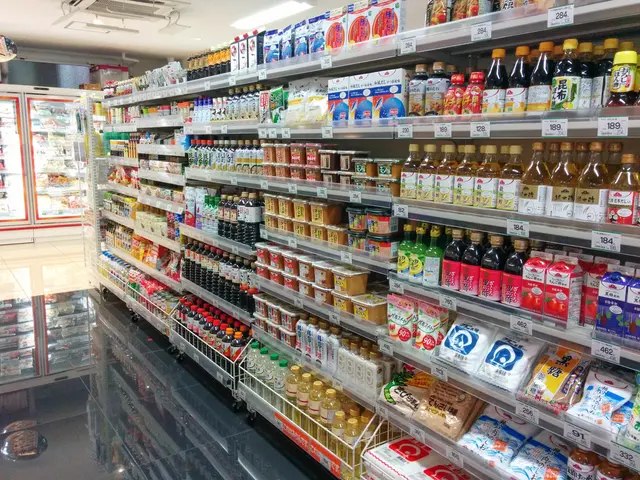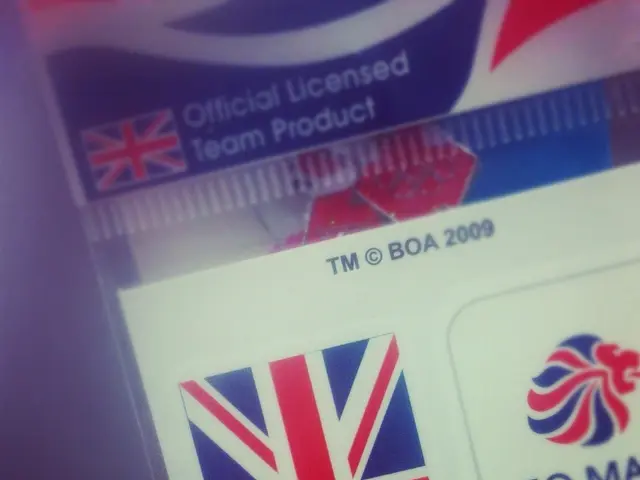Report denies WSJ claims of increased prices on essential goods at Amazon
Amazon has published a statement in response to a recent investigation by the Wall Street Journal (WSJ) that claimed rising prices on everyday essentials at Amazon since tariffs were increased. The e-commerce giant is pushing back against the WSJ's findings, arguing that the WSJ's methodology is flawed and its conclusions are misleading.
The crux of Amazon's rebuttal lies in the limited and non-representative sample size used by the WSJ. The investigation analysed fewer than 2,500 low-priced essential items out of over 6 million everyday essentials available on Amazon's platform, which constitutes less than 0.04% of the total selection. This, according to Amazon, leads to misleading conclusions.
Amazon also points out the lack of comparative price context in the WSJ's analysis. Despite some observed price hikes, Amazon's prices are often still lower or competitive compared to other national retailers for the same products. The company stresses that price fluctuations are normal across all retailers and that the average prices across its broad selection have not changed significantly beyond typical market fluctuations.
The core of Amazon’s rebuttal is that the WSJ ignored context such as competitive pricing and broad price trends, selectively spotlighting a fringe subset of products to imply widespread price hikes. Amazon asserts its longstanding commitment to low prices on essentials and cites third-party data, such as Profitero, showing Amazon’s prices are, on average, 14% cheaper than competitors nationwide.
In addition, Amazon has highlighted that over 92% of the items analyzed in the WSJ's study actually saw no price change or a decrease when looking at monthly averages. The company also draws attention to similar price hikes among rival retailers, some reportedly as high as 400%, on the same items and dates as the WSJ's analysis.
Amazon emphasizes its commitment to offering "everyday low prices" and meeting or beating its rivals. Among the products where Amazon says the WSJ erred are PetArmor ear rinse, Zarbee's cough syrup, and Seventh Generation cleaning wipes. The company disputes the accuracy of the price changes highlighted by the WSJ, citing numerous errors, including misidentifying temporary promotional pricing as regular pricing.
In conclusion, Amazon's response effectively challenges the WSJ's methodology as flawed and its conclusions as misleading with respect to the overall pricing trends on essentials. The company's eight-year track record from Profitero, an independent research firm, further supports Amazon's competitive pricing claims, finding that Amazon consistently offers the lowest prices among 22 major U.S. retailers for everyday essentials.
- In response to accusations about rising prices on essentials, Amazon has emphasized the importance of considering broader factors such as competitive pricing and market fluctuations, as the Wall Street Journal's investigation analyzed an insignificant portion of their total selection and failed to provide a comprehensive view of their business practices in personal-finance matters.
- Amazon's rebuttal to the Wall Street Journal's investigation includes the assertion that their longstanding commitment to finance, investing, and business principles ensures that they offer 'everyday low prices' on essentials, with data from independent research firm Profitero showing Amazon's prices are on average 14% cheaper than competitors nationwide in personal-finance and investing arenas.




